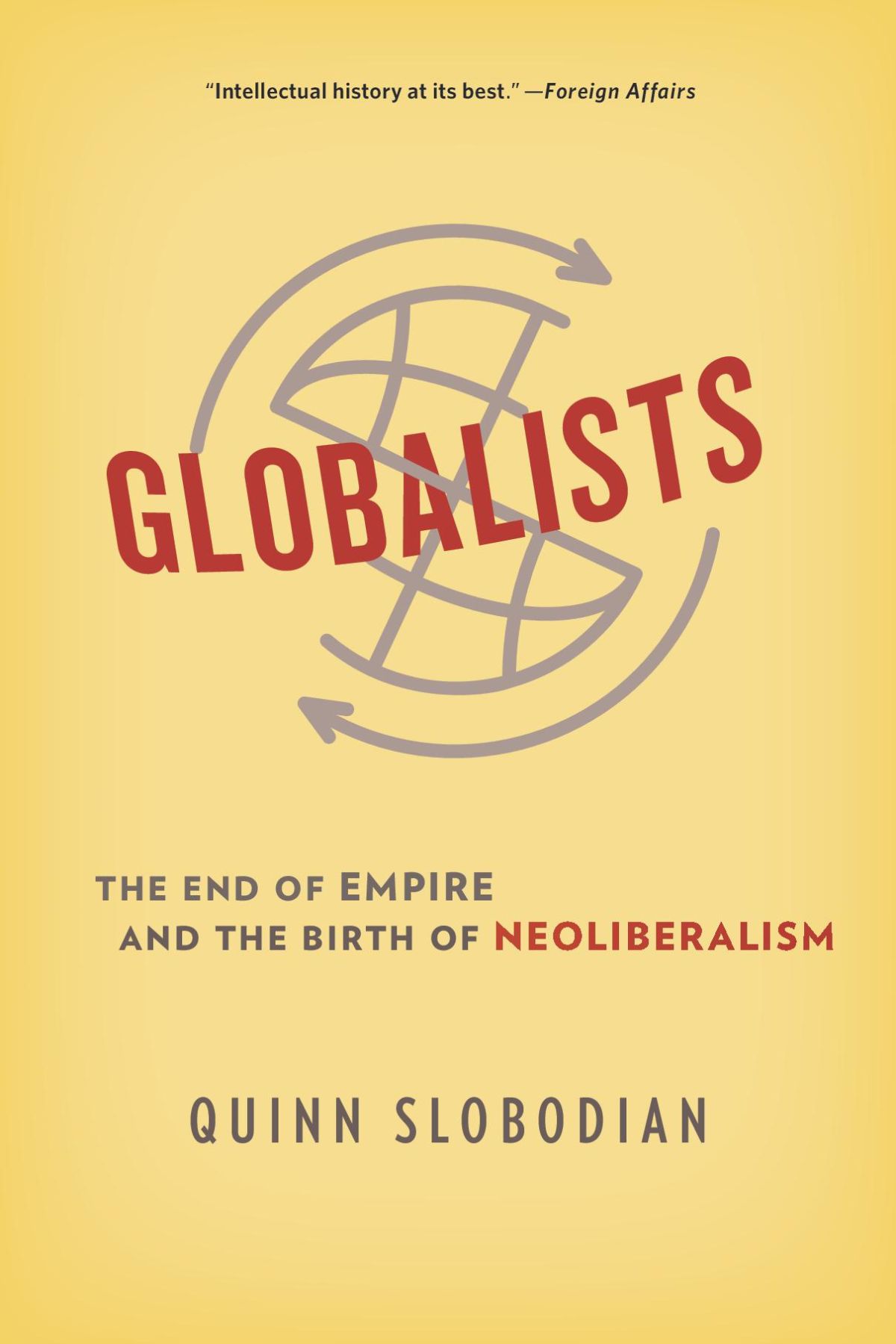Neoliberalism has many histories. Milton Friedman, the Chicago school, Pinochet, Thatcher and Reagan’s market revolution, IMF structural adjustment, and shock-therapy transition programs for the post-Communist states are all fixtures in the narrative of the neoliberal turn. If we wind the clock back to the aftermath of the Second World War, we can see precursors in the ordoliberalism of West Germany and the Mont Pèlerin gathering of 1947. If asked to name a founding moment, one might point to the Colloque Walter Lippmann of August 1938 in Paris. Those with a particular interest in the history of economic thought might go one step further back to the “socialist calculation debate” launched by the Austrian economist Ludwig von Mises in 1920, in which he articulated a fundamental critique of the logical possibility of socialist central planning.
All this is familiar to scholars. Globalists, from Wellesley historian Quinn Slobodian, is important because it provides a new frame for the history of this movement. For Slobodian, the earliest and most authentic brand of neoliberalism was from the outset defined by its preoccupation with the question of world economic integration and disintegration. In the 1970s, neoliberalism’s proponents would help unleash the wave of globalization that has swept the world. But, as Slobodian shows, their advocacy for free trade and the liberalization of capital movement goes back to neoliberalism’s founding moments in the wake of the First World War. The movement was born as a passionately conservative reaction to a post-imperial moment—not in the 1950s and ’60s but amidst the ruins of the Habsburg empire. Torn apart by self-determination, the collapse of the Austro-Hungarian Dual Monarchy in 1918 was not just the failure of a complex multinational polity. In the eyes of von Mises and his ideological allies, it threw into question the order of private property. It was the First World War and the Great Depression that birthed democratic nation-states, which no longer merely shielded private property but claimed control over a national economy conceived of as a resource to be supervised by the state. Private property that had once been secured by a remote but even-handed imperial sovereign was now at the mercy of national democracy.
